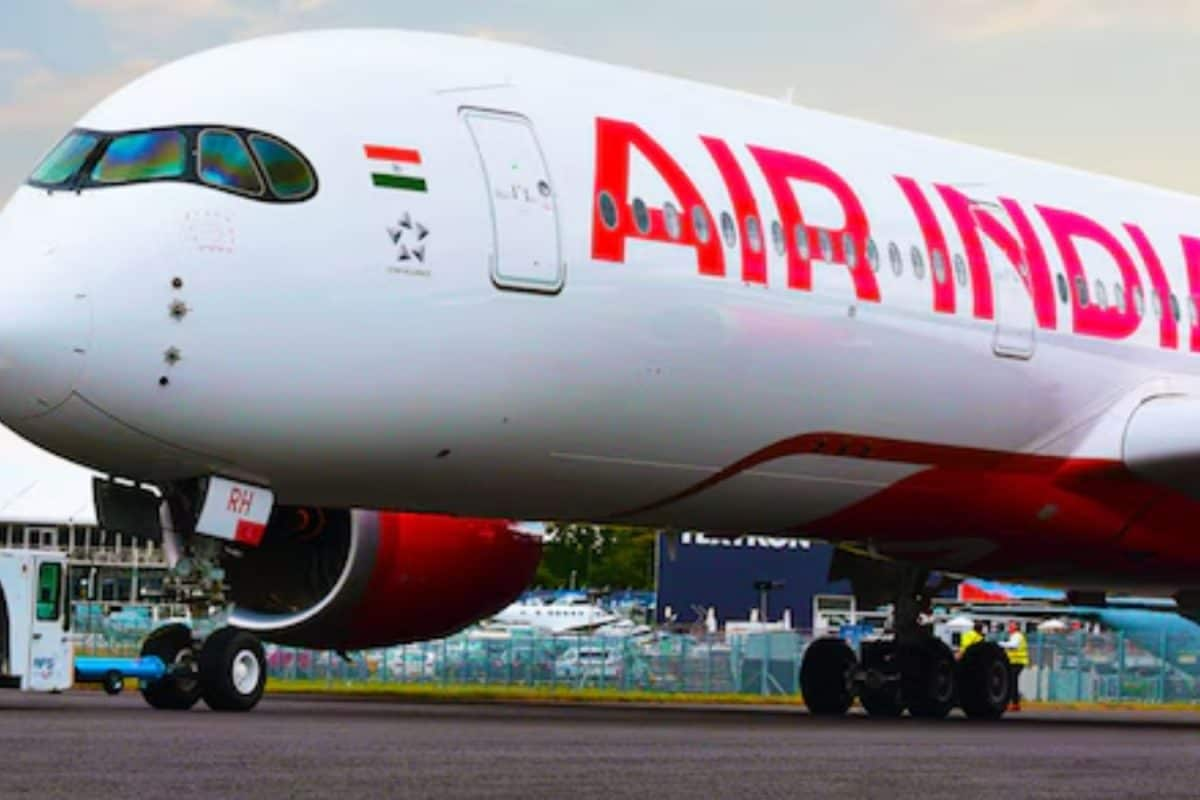

Amid escalating tensions in West Asia, Air India has proactively adjusted its flight paths to ensure the safety and security of its passengers and crew. The airline has confirmed that it is avoiding Iranian, Iraqi, and Israeli airspaces, as well as certain parts of the Persian Gulf, due to the heightened geopolitical risks in the region. This decision, implemented in response to recent events, is causing rerouting of flights and potential delays for passengers traveling to and from the Middle East, Europe, and North America.
The decision to reroute flights comes in the wake of increased volatility in the region. This has prompted several airlines to take precautionary measures. Air India's move reflects a commitment to prioritizing safety above all else, even if it means longer flight times and potential disruptions to schedules. The airline is closely monitoring the situation and coordinating with relevant authorities to ensure the most up-to-date information informs their operational decisions.
Passengers flying with Air India are advised to check their flight status regularly for any updates or changes to their itineraries. The airline has also issued a travel advisory, highlighting the possibility of delays and route alterations. Flights to destinations including the United Arab Emirates, Qatar, Oman, and Kuwait are expected to experience longer travel times as a result of the rerouting.
The closure of airspaces in Iran, Iraq, and Jordan has created significant operational challenges for airlines. These restrictions have forced carriers to navigate longer, more complex routes to reach key destinations in Europe and North America. Airlines are adjusting flight schedules and routes and managing the logistics of longer journeys, which strains resources and complicates travel itineraries. Passengers are facing increased travel times and potential disruptions.
Air India has been working to minimize inconvenience to passengers due to the unforeseen airspace closures. The airline is offering rescheduling options, full refunds, and logistical support, including accommodations where required. The airline is communicating with passengers via digital platforms and advisories to keep them informed of any changes.
Several other airlines have also taken similar measures to avoid the affected airspaces. This widespread rerouting has led to congestion across alternative routes, triggering inevitable delays and cancellations. The increased flight times also result in higher fuel costs and crew costs for airlines. Some flights are making mid-air diversions to airports like Jeddah, Vienna, or Frankfurt for refueling.
The situation remains dynamic, and airlines are continuously assessing the risks and adjusting their flight paths accordingly. The safety of passengers and crew remains the top priority, and airlines are working diligently to ensure secure and efficient air travel despite the challenges posed by the ongoing tensions in West Asia.